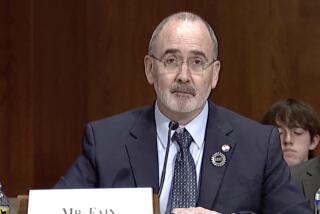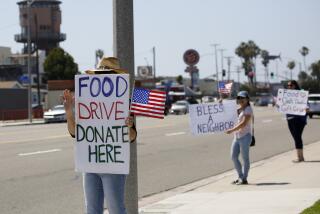Let’s Drink to the Salt of the Earth
Work keeps at bay three great evils: boredom, vice and need.
--Voltaire
It’s all in the day’s work, as the huntsman said when the lion ate him.
--Charles Kingsley
Work is a necessity for man. Man invented the alarm clock.
-- Pablo Picasso
A rat race is for rats.
--Jimmy Reid
The first “workingman’s holiday” was celebrated in America 120 years ago. A parade in New York City drew 30,000.
This was a tumultuous time in the land.
For those who pine for the good old days, reading the history of that era will sober you up. In the years between 1877 and 1887, upstanding civic leaders joined forces with the Louisiana militia and shot down 35 unarmed sugar workers who were striking for $1 a day in wages. Federal troops and militia killed 30 railroad workers and wounded 100 more in a strike over a 10% pay cut. A bomb killed seven policemen at Chicago’s Haymarket Square during a labor rally in favor of the eight-hour workday. Seeking the same, workers in Milwaukee were set upon by state militia, who killed seven. Ten coal-mining reformers were hanged.
So we can feast off the barbecue this Labor Day with a sense of relief: At least we aren’t slaughtering each other.
But this isn’t a holiday for champagne toasts either. Corporate scandals and outrageous personal greed by business elites grabbed the economic headlines this year, and deservedly so. Unfortunately, though, these misdeeds diverted our attention from the discouraging, even scary, trends that have reversed years of progress for everyday working Americans.
For one thing, we’re working too hard. The eight-hour workday for which activists died a century ago has once again slipped out of our grasp. The promise of “labor-saving devices” turned out to be the Big Lie of our age. In most fields of employment, the average workweek exceeds 40 hours. The average number of weeks worked has also lengthened. This extra work, not higher wages, chiefly accounts for increased household earnings since 1979.
When President Bush calls us “the hardest-working people in the world,” he means it as a boast. But nearly 40% of us feel overworked at the expense of family life and personal health. We take fewer vacations and put in more hours than people in any other industrialized country, and this doesn’t count the new round-the-clock “on call” policies that many companies have imposed by way of beepers, cell phones and laptop computers.
For these figures, I thank the nonprofit Economic Policy Institute for its book-length report, “The State of Working America 2002-03,” published this weekend.
If we are overworked, we are also overspent. Household debt grew much more rapidly than household income in the last decade.
Last year, family debt exceeded expendable income by 10% on the average. Almost one family in 10 is overdue by 60 days on its bills. Personal bankruptcies reached an all-time high last year.
The vast majority of Americans are less prepared for retirement now than before the so-called boom of the 1990s.
Compared with a generation ago, we are less likely to receive fringe benefits on the job today.
Fewer of our employers offer health insurance. Retirement programs have shrunk. The number of paid holidays has declined. Job stability is on the retreat. The minimum wage has lost almost 30% of its purchasing power.
Honestly, you have to wonder. If we ever had time to catch our breath, wouldn’t we be asking, just what are we doing anyway? And why?
But we cannot afford to ask the questions, and we know it.
We may gnash our teeth when we learn how industrial moguls fantastically enrich themselves at the expense of those who do the honest work, but we also understand that almost all of us, top to bottom, are propelled nervously into the future by those twin slave drivers, consumer confidence and workplace efficiency.
Insofar as I can tell, this is the sole economic theory we have on which to hang our sweat-soaked hats: Each of us must increase our spending for goods and services and simultaneously work harder to produce them faster. We don’t hear much about where we’ll eventually wind up with this strategy, although we might guess. If we dared.
Until then, we know that after Labor Day comes more labor. The freeways once again choke up with commuters, the kids head back to school, pack up the aloha shirts.
As Roman playwright Titus Plautus observed about 2,200 years ago: “He that eats the nut must crack the shell.”
More to Read
Sign up for Essential California
The most important California stories and recommendations in your inbox every morning.
You may occasionally receive promotional content from the Los Angeles Times.










